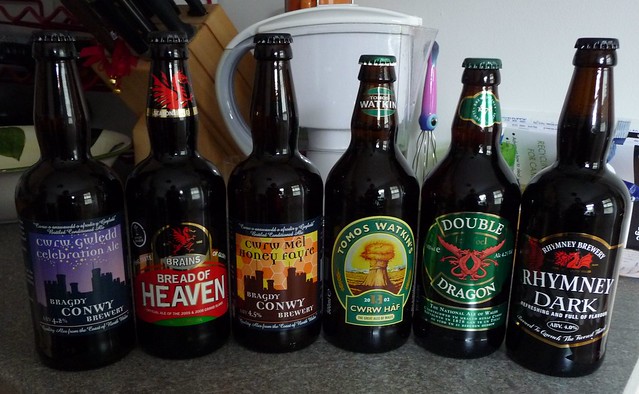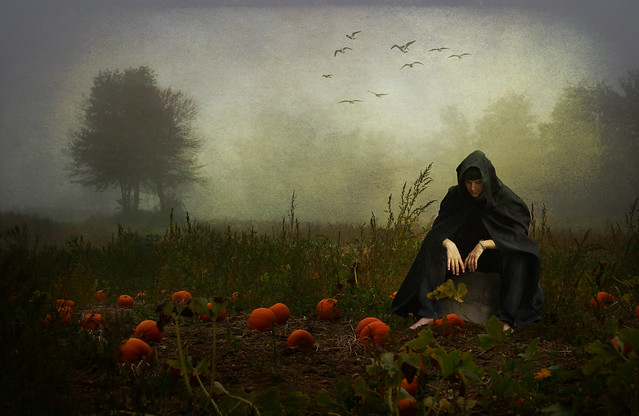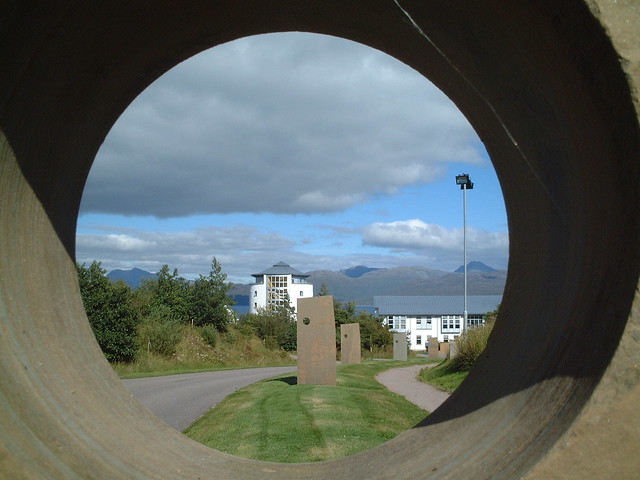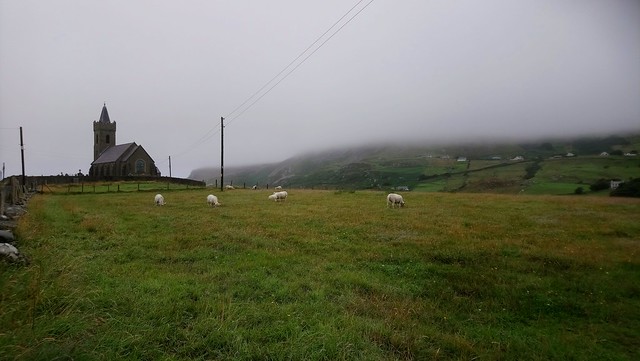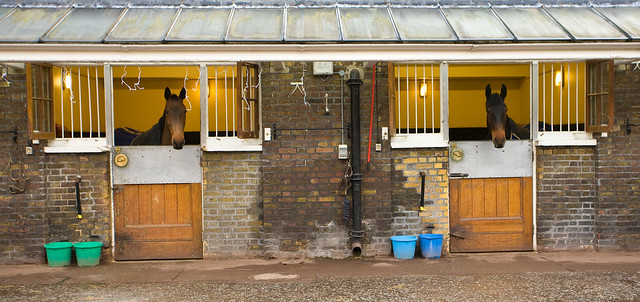Words for islands and related things in Celtic languages.
| Proto-Celtic | *enistī = island |
|---|---|
| Old Irish (Goídelc) | inis = island |
| Irish (Gaeilge) | inis [ˈɪnʲɪʃ] = island leithinis = peninsula Inse Ghall = the Hebrides |
| Scottish Gaelic (Gàidhlig) | innis [ĩːʃ] = haugh; grazing (land); island (archaic) innis-bhó = cattle pasture Innis Fàil = Ireland (poetic) Innis nan Òg = Isle of the Young/Youth, Tìr nan Òg (in mythology) leth-innis = peninsula |
| Manx (Gaelg) | innis, innys, insh = island, iselet insheen = iselet innysagh = insular innysaght = insularity mooirinshyn = archipelago lieh-innys = peninsula |
| Proto-Brythonic | *ɨnɨs [ɨˈnˑɨs] = island |
| Middle Welsh (Kymraec) | ynys, enys, inys = island enys Auallach = the island of Avalon ynys y kedeirn / Enys Wen = Island of Britain |
| Welsh (Cymraeg) | ynys [ˈənɨ̞s/ˈənɪs] = island, isle; (the) Western Isles; kingdom, realm, land, province. region, area, river-meadow Ynys Afallach/Afallon = the island of Avalon Ynys y Cedryn / yr Ynys Wen = Island of Britain (“Island of the Mighty Ones” / “the White Island”) ynys draffig = traffic island ynysaf, ynysu = to isolate, insulate ynysedig = isolated, insulated ynysfor = archipelago ynysiad = isolation, insulation ynysig = islet, small island ynysog = insular, insulated, archipelagic ynyswr = islander |
| Cornish (Kernewek) | enys = island enesek = archipelago enesik = islet enesega = to insulate enyshe = to isolate enyshes = isolated |
| Old Breton | inis = island |
| Middle Breton | enes = island |
| Breton (Brezhoneg) | enez [ˈẽː.nes] = island enezig / enezennig = small island, islet; block (of buildings), patch (of ground) enezeg = archipelago enezennet = enclosed |
Etymology: from the Proto-Indo-European *h₁eni-sth₂-ih₂ (“that which stands in (the water)”) from *(h₁)en- (in) and *steh₂- (stand) [source].
| Old Irish (Goídelc) | ailén [ˈalʲeːn] = island |
|---|---|
| Irish (Gaeilge) | oileán [ˈɪnʲɪʃ] = island; isolated place oileán sráide/tráchta = street-refuge, traffic island An tOileán Úr = the New World, America oileánach = islander, abounding in islands, insular oileánachas = insularism, insularity oileánrach = group of islands, archipelago glasoileán = peninsula; island accessible by bridge or on foot at low tide |
| Scottish Gaelic (Gàidhlig) | eilean [elan] = isle, island eilean anabaich = promontory eilean-mara / eilean-tràghaidh = tidal island frith-eilean = small island, islet leth-eilean = peninsula ros-eilean = wooded/forested island Eilean a’ Cheò = The Isle of Skye (“Isle of Mist” – poetic) Eilean an Fhraoich = The Isle of Lewis (“Isle of Heather” poetic) Comhairle nan Eilean = The Council of the Isles, The Western Isles Council |
| Manx (Gaelg) | ellan = isle, island ellanagh = islander; insular ellanaght / ellanys = insularity ellaneen = islet ellanragh = archipelago Ellan Vannin = Isle of Man |
Etymology: from the Old Irish ail (boulder, rock) and -én (diminutive suffix) [source].
Words marked with a * are reconstructions.
Sources: Wiktionary, Am Faclair Beag, Online Manx Dictionary, Teanglann.ie, eDIL – Electronic Dictionary of the Irish Language, In Dúil Bélrai English – Old Irish glossary, Geiriadur Prifysgol Cymru, Gerlyver Kernewek, Dictionaire Favereau, TermOfis, English – ProtoCeltic WordList (PDF), Etymological Dictionary Of Proto Celtic



